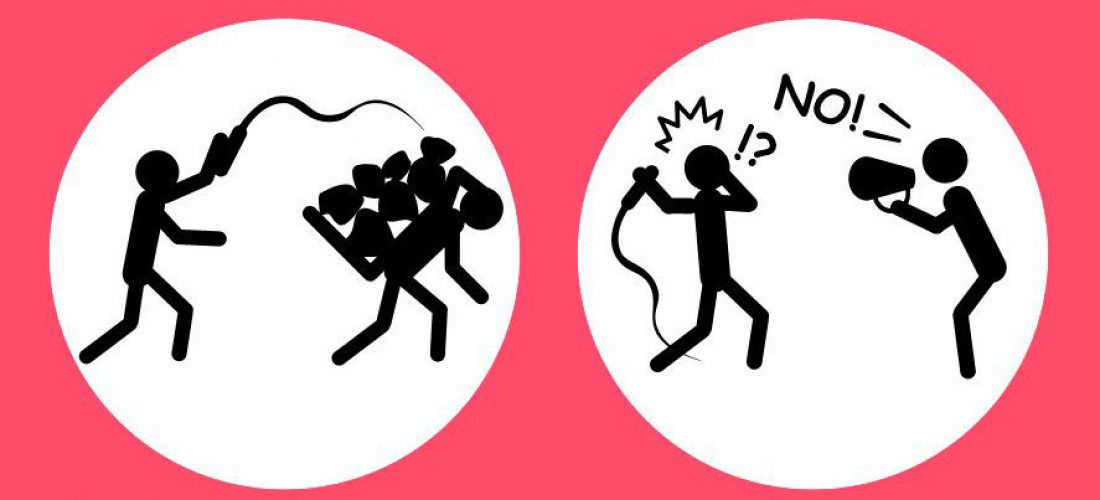One of the biggest worries about adopting a Basic Income Guarantee in Canada is its so-called ‘work disincentive.’ We have all grown up believing that in order to eat, to be housed, to be secure, we must work. And who has not thought that there is a linear relationship between work effort and well-being?
This correlation is now untrue, if ever it were. Countless people work hard yet struggle daily to survive, while others may not work at all yet enjoy the most sumptuous cuisine and the most luxurious surroundings. As has been said, if hard work equated with wealth, every woman in Africa would be a millionaire.
To the belief that if people receive money for nothing they will lie about in sloth, one can reply by saying that, yes, some people in low income who receive Basic Income—just as for some people with high incomes today —will do little of productive value.
However, we ought not to base our income security system on subjective judgments of human behaviour, or what Churchill, in proposing his first unemployment insurance plan for Great Britain, in 1911, called mixing mathematics with moralities.
There are reasons why most people, even with Basic Income, will continue to pursue paid labour. First, Basic Income is generally meant to help cover common, basic needs, and not necessarily more than this. But for a new laptop, a woodworking course, or a distant vacation, then income from employment, self-employment, investment or other sources will likely remain necessary.
One can also argue that doing meaningful work is essential for well-being, to have the pleasure of applying oneself to one’s talents and to seeing a job well done. So whereas Basic Income can help satisfy some of what Maslow called the “hierarchy of needs,” pursuing one’s potential, finding joy in accomplishment, building self esteem and so forth can often best be met through meaningful work.
Further, recent research has shown that when citizens have greater economic security, in the form of government support, they are more likely to pursue business start-ups. Writing for The Atlantic magazine in March 2015, Walter Frick, an associate editor at the Harvard Business Review, reported that “[a] robust social safety net encourages more Americans to attempt the high-wire act of entrepreneurship.”
Indeed, where cash transfer programs have been tried, the evidence shows positive economic effects overall. This may lie in the desire of most people to apply themselves in ways conducive to their well-being and that of their families and communities. We should thus be confident that as Basic Income becomes available to working-age adults, the vast majority will draw upon it as a springboard for opportunity, leveraging on their talent to be part of a creative, innovative, vibrant society.
The difference from today is that we will be better able to sleep at night, knowing that if our risk-taking bears little fruit, we will still have food on the table. It must also be mentioned that with Basic Income, many people will have the support to engage in work that is not amenable to the paid labour market but that is worthy in its own right. In this vital sense, Basic Income helps to ascribe value to caregiving, volunteering and creative pursuits of many kinds.
— Rob Rainer is an advocate living in the Ottawa area, who volunteers his time with the Basic Income Canada Network.







